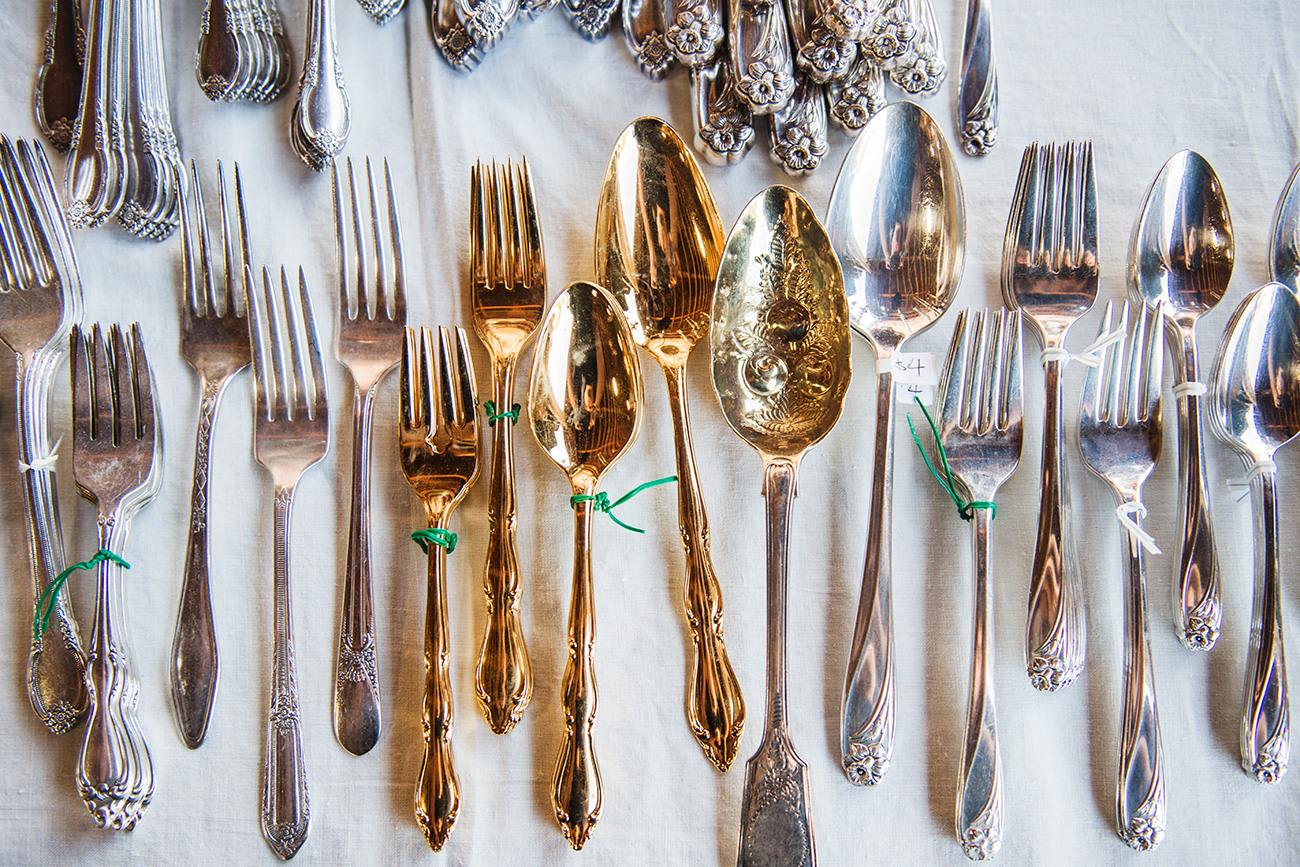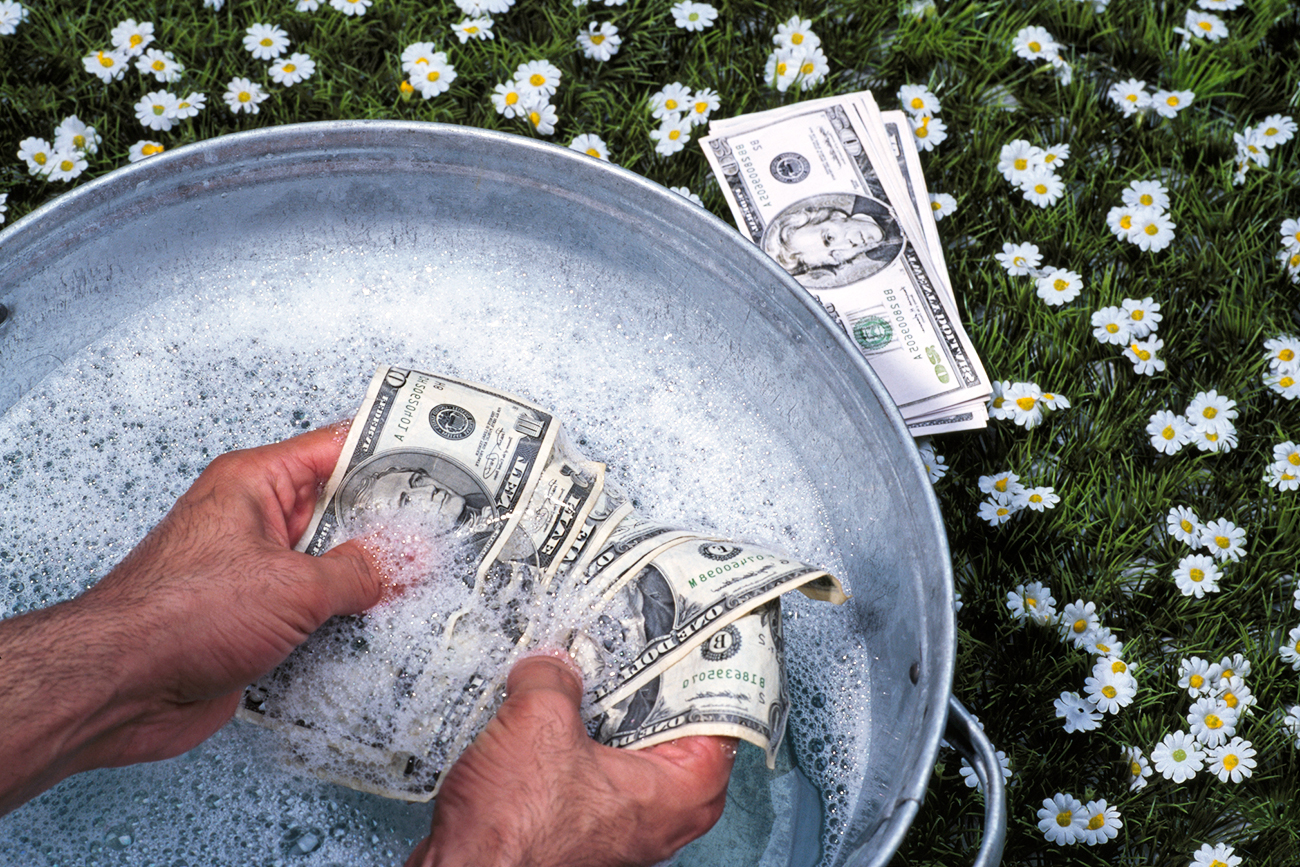Extravagant expenses of Russian government exposed

The total value of the Rosneft helicopter's interior items was five million rubles ($88,850). The list included vodka shot glasses that cost 11,000 rubles ($195) each, as well as blankets that cost 124,000 rubles ($2,203).
Getty ImagesOn May 22, Russian oppositionist Alexei Navalny, head of the Anti-Corruption Foundation (ACF), began criticizing the Rosneft oil company (whose controlling stake belongs to the government). Earlier, the Rosneft site had posted a document about the purchase of "interior items" for their subsidiary RN-Aerocraft and Navalny slammed the mentioned items as unreasonably expensive.
A war of words around shot glasses
The total value of the Rosneft helicopter's interior items was five million rubles ($88,850). The list includes, for example, vodka shot glasses that cost 11,000 rubles ($195) each, as well as blankets that cost 124,000 rubles ($2,203). "They've gone mad with this luxury," Navalny said, before reminded everyone that the minimum living wage in Russia was now 9,889 rubles ($175) per month.
In an interview with Kommersant FM Rosneft Press Secretary Mikhail Leontiev explained that the purchase is also needed to maintain the company image. "Making billion-dollar deals while serving food on ordinary plates is not very decorous," he said. Leontiev, who is famous for his sharp statements, remarked that it’s unlikely that Navalny "eats with his hands and wipes his mouth with his sleeve."
However, on the following day RN-Aerocraft did not make the purchase. According to official information, the supplier did not want to lower the prices on the goods. Leontiev sarcastically invited Navalny himself to sell Rosneft "cheaper spoons and forks."
A parade of strange state purchases
The crockery and household items bought by the Russian public, even the most expensive objects, look very plain in comparison to what can be seen on the Russian state purchases sites, on which, in accordance with the law, all requests for tenders are recorded. Some purchases provoked indignation in society; others were just amusing.
1. A toilet repair worth $28,000
In 2013 the Krasnoyarsk Municipal Administration (3,352 km east of Moscow) decided to repair one of the toilets in the mayor's office in the "neo-classical style." "The visitor of the administration's toilet must feel that he is surrounded by style," wrote the regional Sibnovosti publication. The cost of turning the toilet into an architectural masterpiece, in accordance with the request for tender, was supposed to be 1.6 million rubles ($28,000), something that caused outrage among the city's residents. In the end, Krasnoyarsk mayor Adkham Akbulatov preferred to do without the expensive neoclassicism and canceled the request.
2. Drummers from Burundi in Sakhalin
Officials in the Sakhalin Regional Administration (the capital is South Sakhalinsk - 6,644 km east of Moscow) wanted to celebrate New Year's Eve 2010 in style and invited five drummer-performers from Africa's Burundi to the party. The plane tickets and hotel, a good one, were to cost 340,000 rubles ($6,041). But the then Sakhalin Governor Alexander Khoroshavin considered the outlay excessive and instead chose to use the state money for different purposes. The request for tender was removed. Khoroshavin himself, however, was not saved by his aspiration to economize on regional spending: In 2015 he was arrested for accepting a bribe worth $5.6 million.
3. Malachite flash drives
Information storage is an important activity in state structures and the Sverdlovsk Regional Administration (located in the capital of Yekaterinburg, 1,416 km east of Moscow) was rather extravagant about it. In March 2015 the administration posted a request for tender on the state purchase site for 40 eight gigabyte memory flash drives, decorated with the famous Ukrainian malachite mineral, as well as 40 writing instruments made of jasper. The total cost of the supplies was 244,500 rubles ($4,344).
4. Elite lunches in Siberia
Also in 2015, the Novosibirsk Regional Administration (2,811 km east of Moscow) posted a request for tender concerning catering services for official receptions whose total cost was three million rubles ($53,310). The menu included expensive dishes: Rack of lamb, vol-au-vent with salmon roe, whiskey that was at least 18-years old and orange twill (the Nezavisimaya Gazeta ironically wrote that most people in the Novosibirsk Region learned what that was from the news about the state request for tender). The incident attracted the attention of the For Honest Purchases project and a week later Governor Vladimir Gorodetsky removed the request for tender and cut his and the other officials' salaries.
5. A sheep, a monkey, and a rooster
The Buddhist Buryatia (a republic whose capital is Ulan-Ude, 4,419 km east of Moscow) is very serious about celebrating New Year's. In 2015 the Ulan-Ude administration posted a request for tender to have a Blue Sheep, the Chinese symbol of the year, be placed on one of the buildings. It cost 600,000 rubles ($10,700). The idea was not greeted with enthusiasm. The Public People's Front said that this money would have been enough to illuminate an entire street, instead of being spent on an unappealing sheep. A year later, in 2016, the officials scaled down their appetite: The sculpture of the glowing monkey cost the city 300,000 rubles ($5,350). This time the press also criticized the idea, calling it "a waste of taxpayers' money." In 2017 the city was adorned with a new symbol, the fiery rooster, which also cost 300,000 rubles.
Read more: Where the corrupt hide to avoid Russian justice>>>
If using any of Russia Beyond's content, partly or in full, always provide an active hyperlink to the original material.
Subscribe
to our newsletter!
Get the week's best stories straight to your inbox
